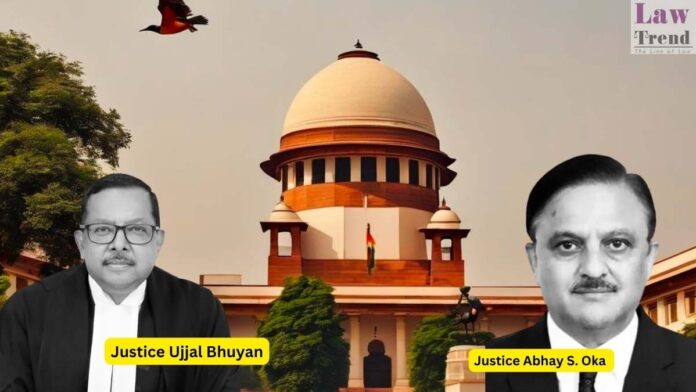In a landmark judgment delivered in Criminal Appeal No. 1545 of 2025, the Supreme Court of India has quashed an FIR registered against Rajya Sabha Member Imran Pratapgadhi, offering significant clarification on the interplay between FIR registration and preliminary inquiry under the Criminal Procedure Code (CrPC) and the recently enacted Bharatiya Nagarik Suraksha Sanhita (BNSS),

To Read More Please Subscribe to VIP Membership for Unlimited Access to All the Articles, Download Available Copies of Judgments/Order, Acess to Central/State Bare Acts, Advertisement Free Content, Access to More than 4000 Legal Drafts( Readymade Editable Formats of Suits, Petitions, Writs, Legal Notices, Divorce Petitions, 138 Notices, Bail Applications etc.) in Hindi and English.
Click to Subscribe
If you are already a VIP Member, Click to Login Now
READ ALSO सुप्रीम कोर्ट ने अरविंद केजरीवाल की जमानत पर सुनवाई 5 सितंबर तक टाली, सीबीआई से जवाब मांगा




